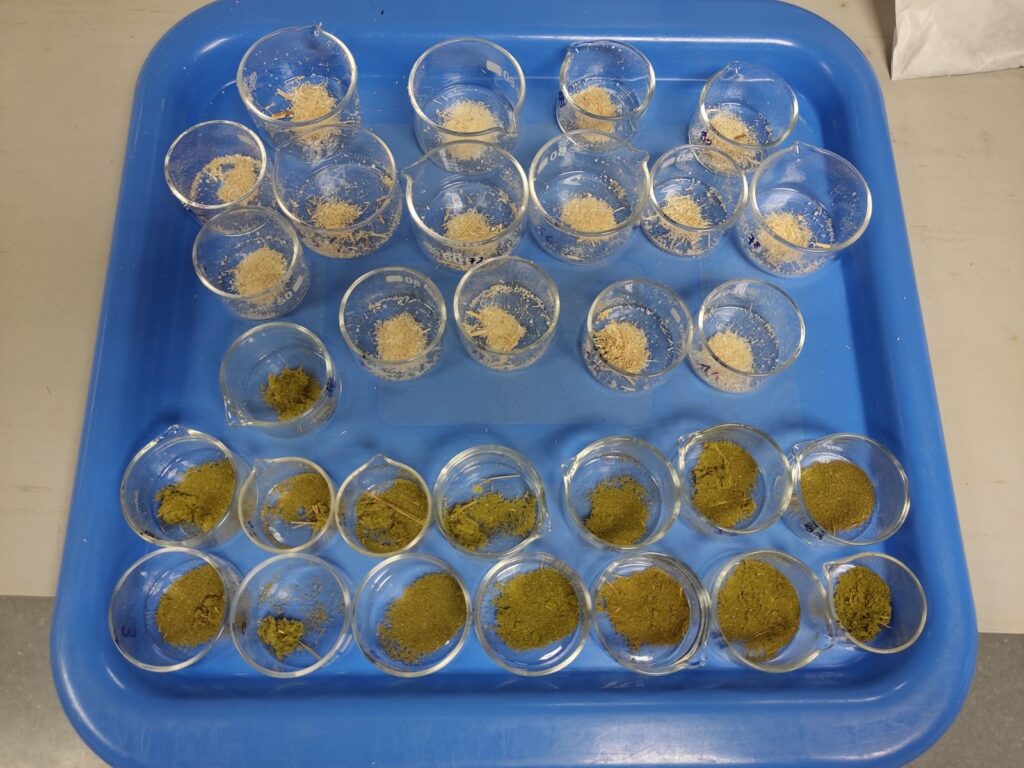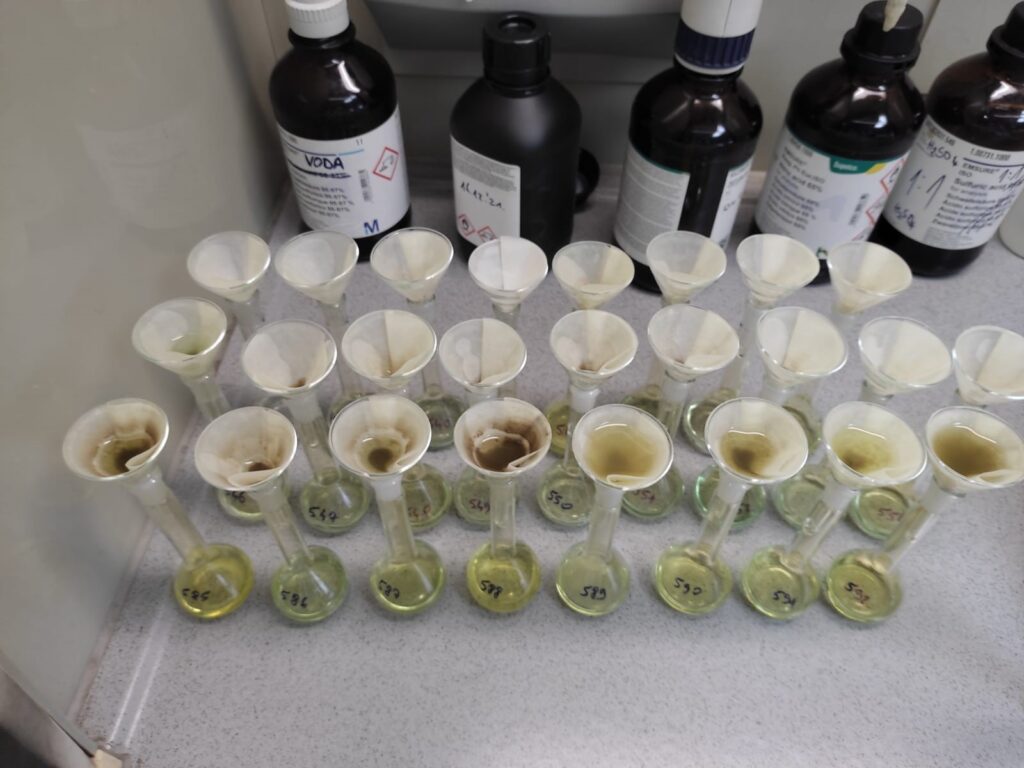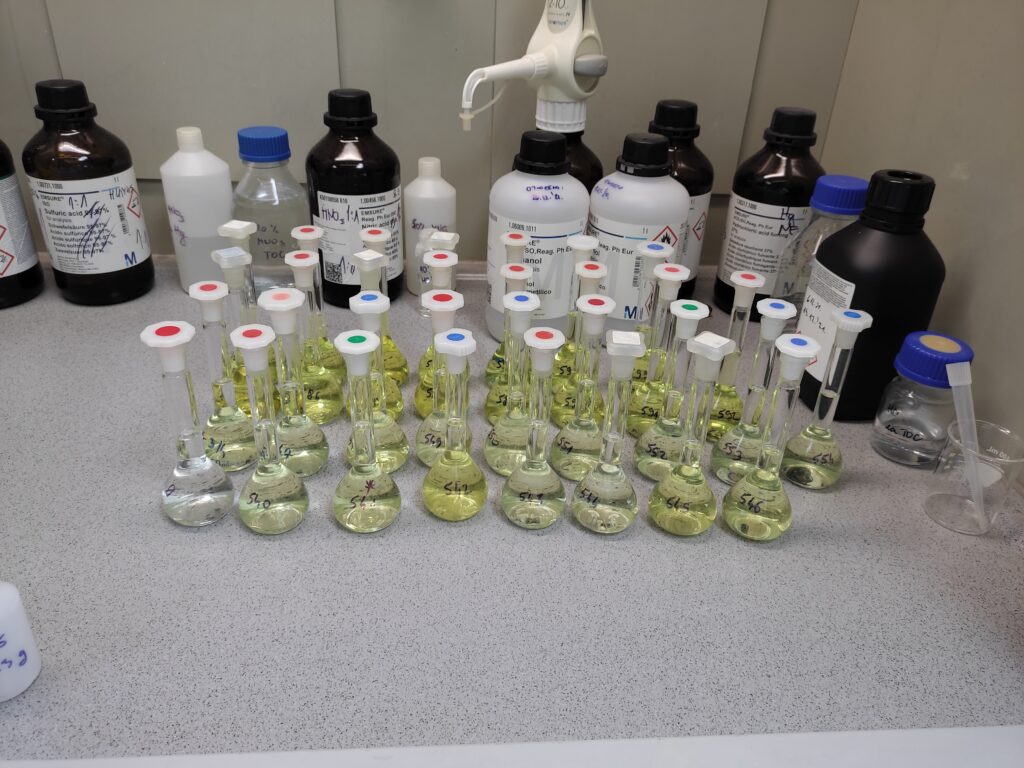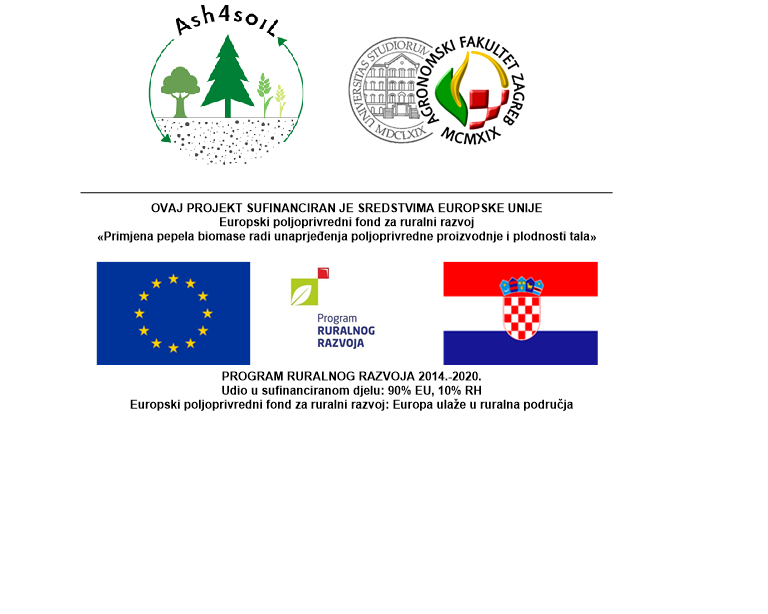Summary of the Project:
In the Republic of Croatia, bioashes are a significant alkaline (pH > 12) by-product of forest biomass plants, and in line with circular bioeconomy postulates and practises, it is possible to dispose of them sustainably or use them in agroforestry ecosystems, with additional benefits such as increasing soil fertility and reducing the use of mineral fertilisers and commercial conditioners to neutralise acidic (pH < 6) soils. The project is based on the implementation of several years of research activities in the field and under controlled conditions, where the influence of the application of different doses of bioash on physico-chemical and microbiological changes in acid soils as well as qualitative-quantitative parameters of agricultural crops will be studied. The project will also lead to the development of new bioash-based products with the potential for wider application in the chemical remediation of acidic soils.
Aim of the Project:
To prove the usefulness of ash from a biomass cogeneration plant to improve agricultural production and the fertility of agricultural land on acidic soils poorly supplied with P, K and other macro/microelements.
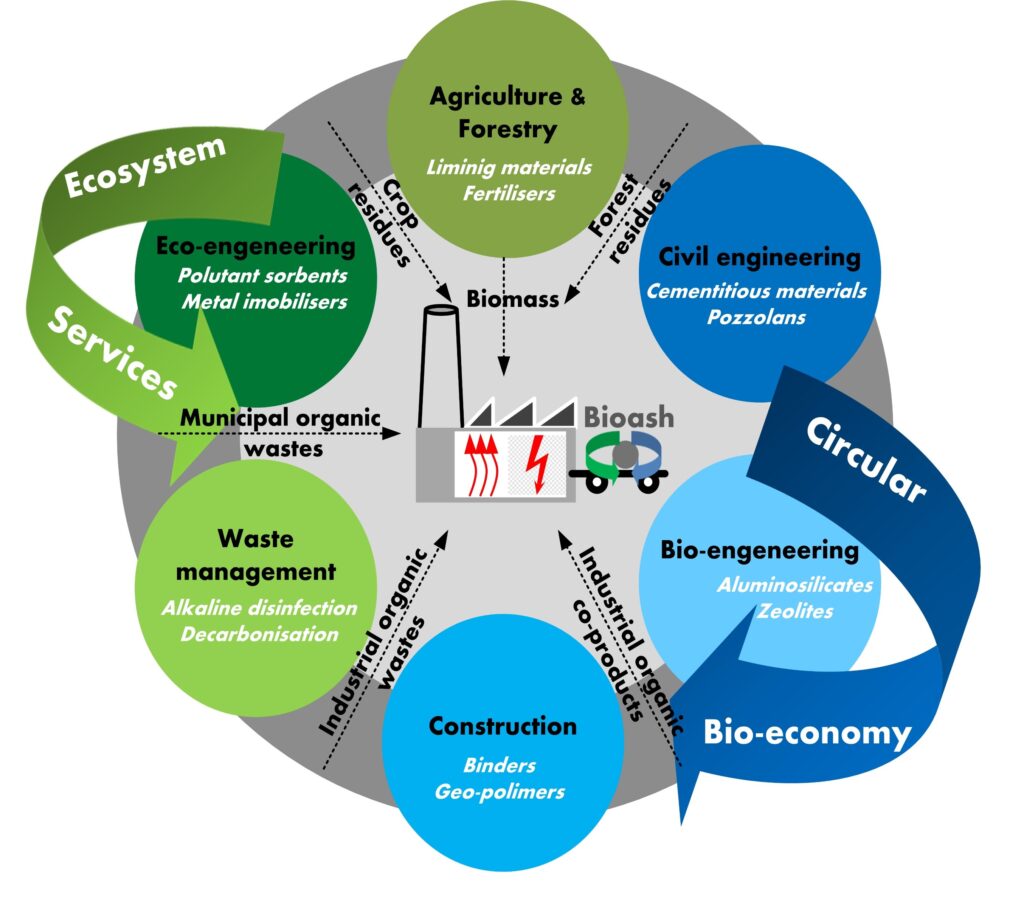
Research part of the Project:
The research will be conducted on agricultural land in the wider Đakovo area on sites with acidic leached soils in two growing seasons. At the beginning of the project, initial pedological surveys will be carried out to determine the current condition of the plots in terms of soil pH, physiologically active P and K content, and humus. The external and internal morphological characteristics of the soil according to the World Reference Base for Soil Resources will be described and the soil sampled for physico-chemical laboratory analyses. Based on the soil analyses carried out, two-year field experiments will be conducted, organised according to a completely randomised block design with 5 treatments in 4 replicates, totalling 20 experimental plots/partner (with 5 partners), i.e. 100 experimental plots for this project. The bioash treatments will be 0-18 t/ha in three replicates.
After the application of the ash, the partners will carry out the usual agrotechnical measures and work on the agricultural land during the next 2 growing seasons. During this time, the effects of the biomass ash on physico-chemical changes in the soil, microbiological changes in the soil and on the level and quality of yield of the test crops will be studied.
For this research, the complete organic-mineral composition of the biomass ash (5 average samples) will be analysed: pH, EC, OC, CEC, total C, N, PAHs, total and bioavailable P, K, Ca, Mg, Al, Ca, Cd, Co, Cr, Cu, Fe, K, Mg, Mn, Mo, Na, Ni, P, Pb, Hg, S, Zn. In addition to the above analyses, bioash will be analysed using advanced microscopic, mineralogical and isotopic analyses, such as: AMF, SEM-EDS, Zetasizer, SIMS, XPS, XRF, FTIR and XRD.
Implementation of activities – work in the field:
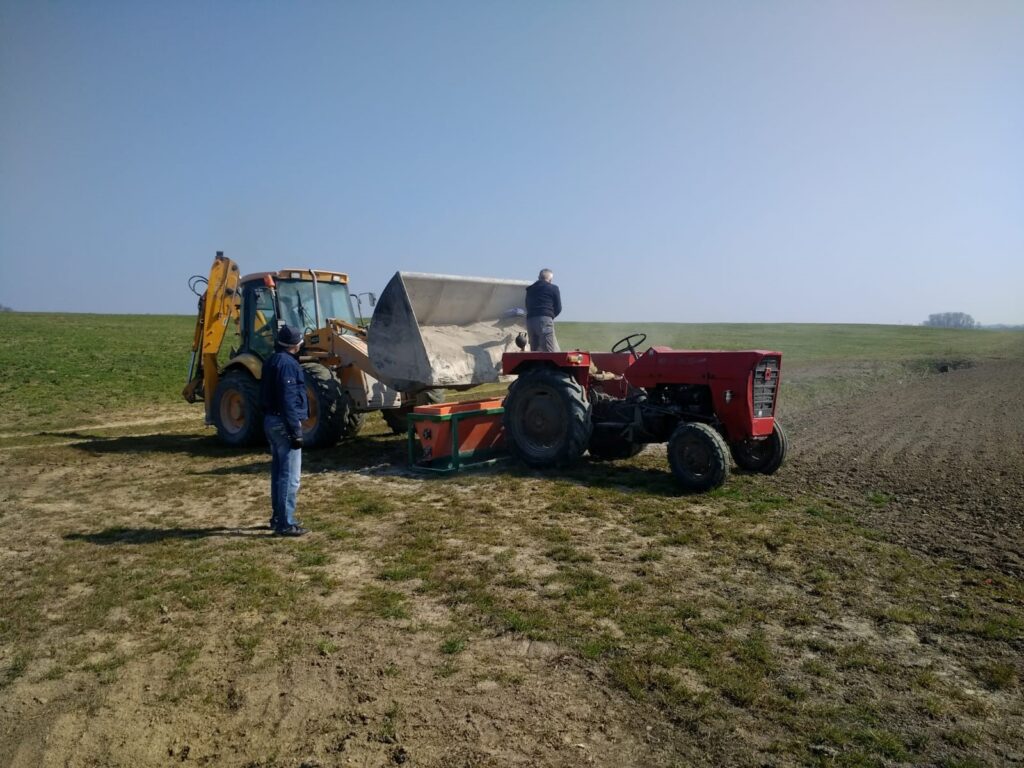
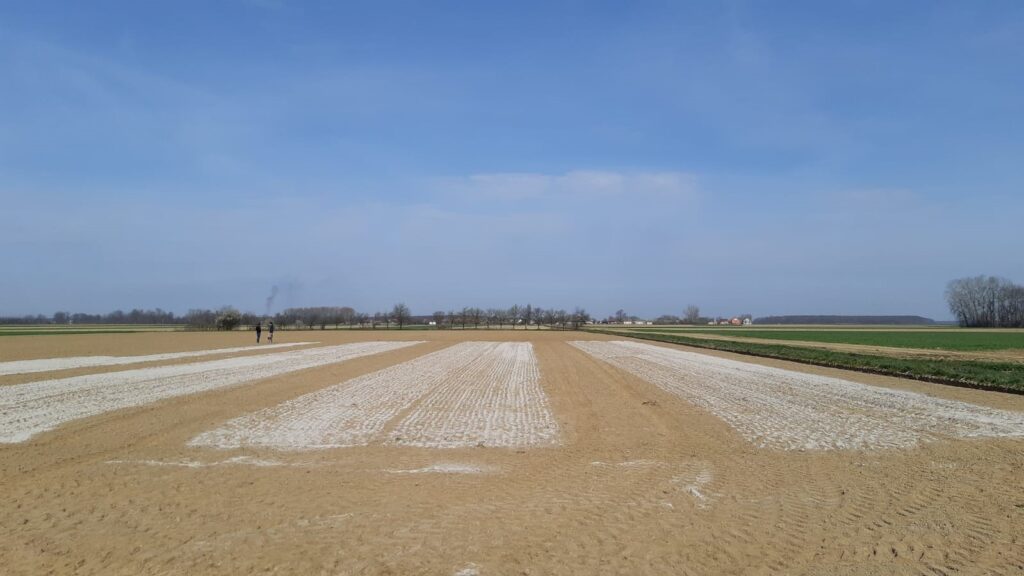
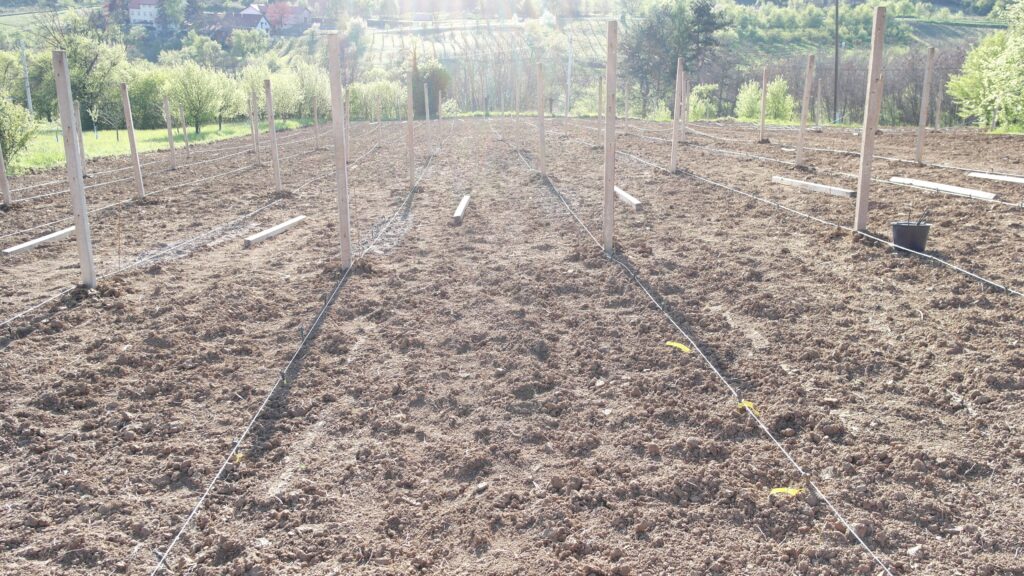
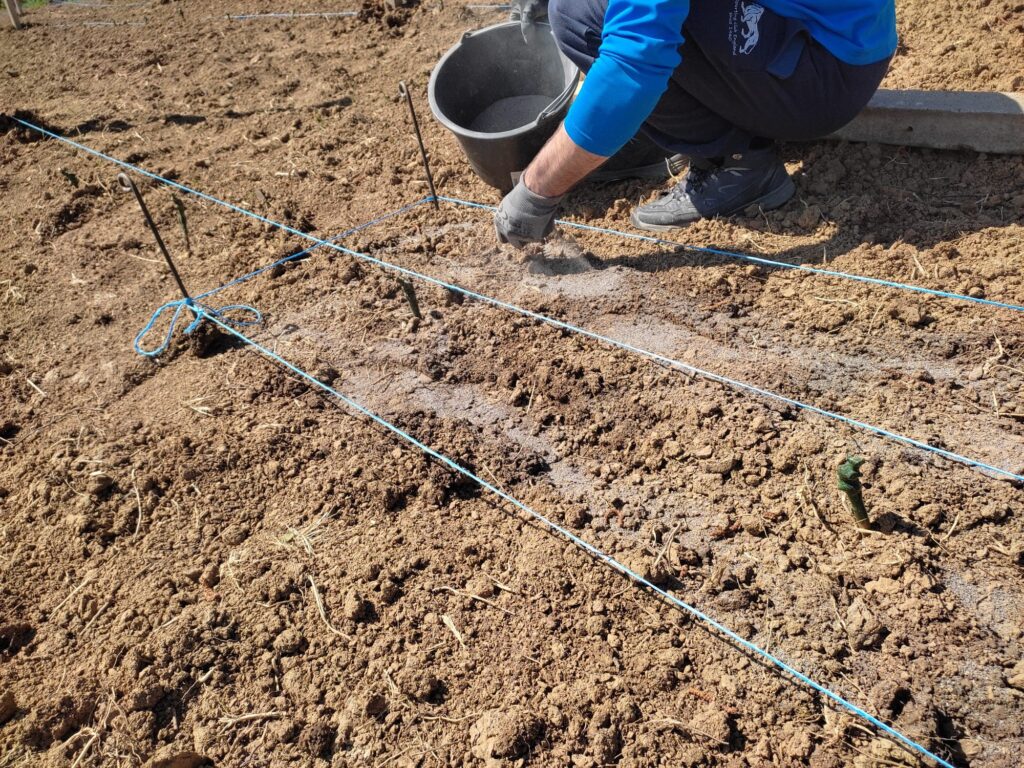
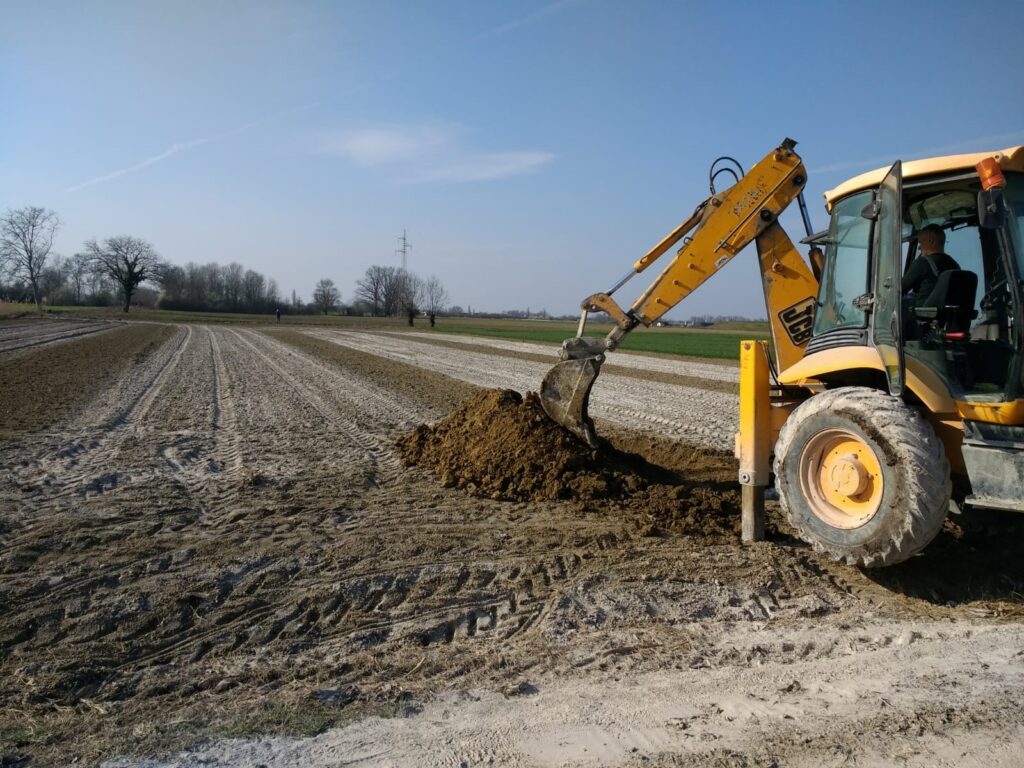
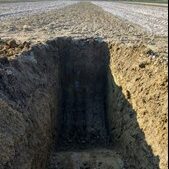
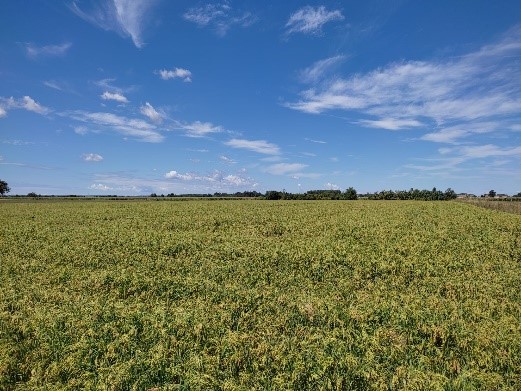
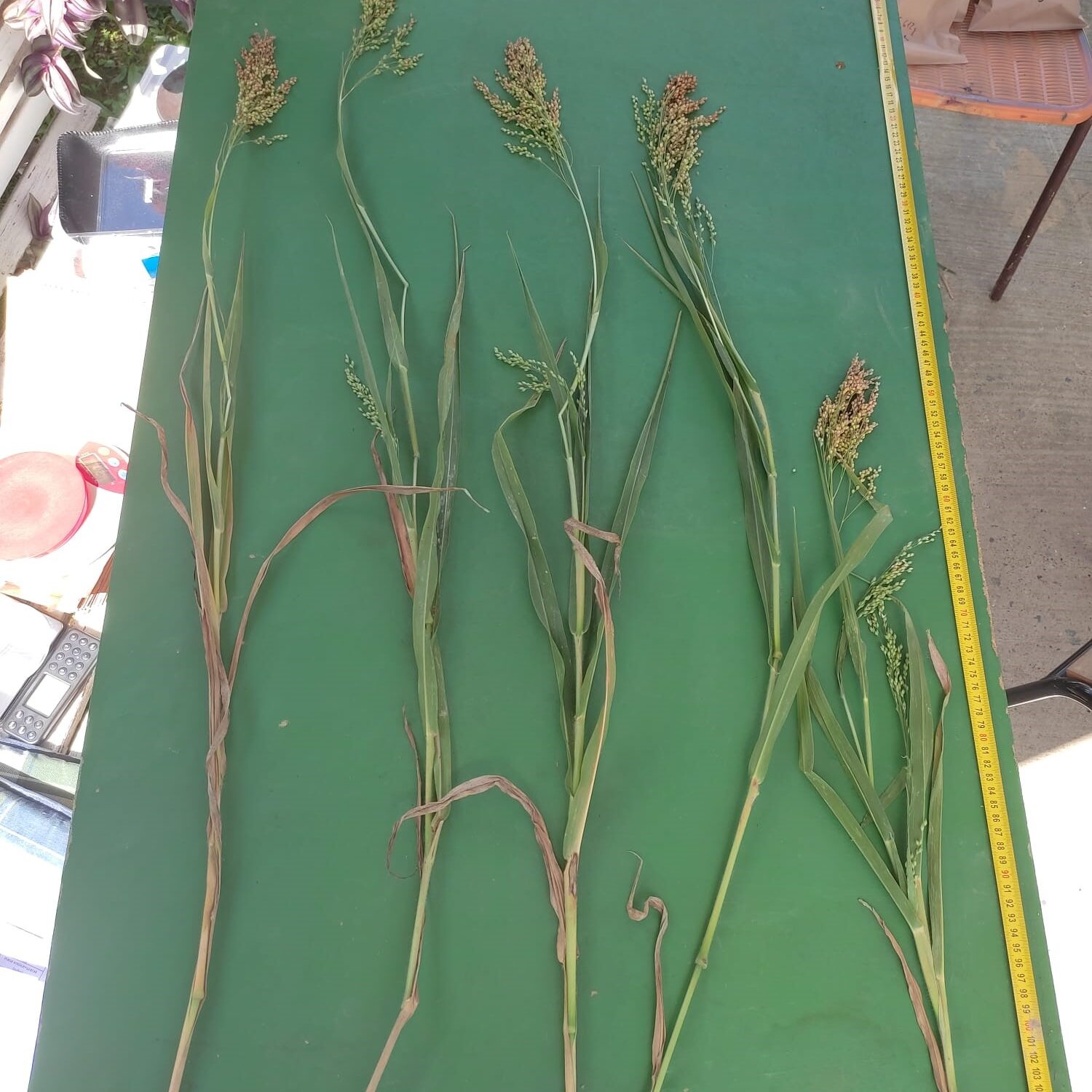
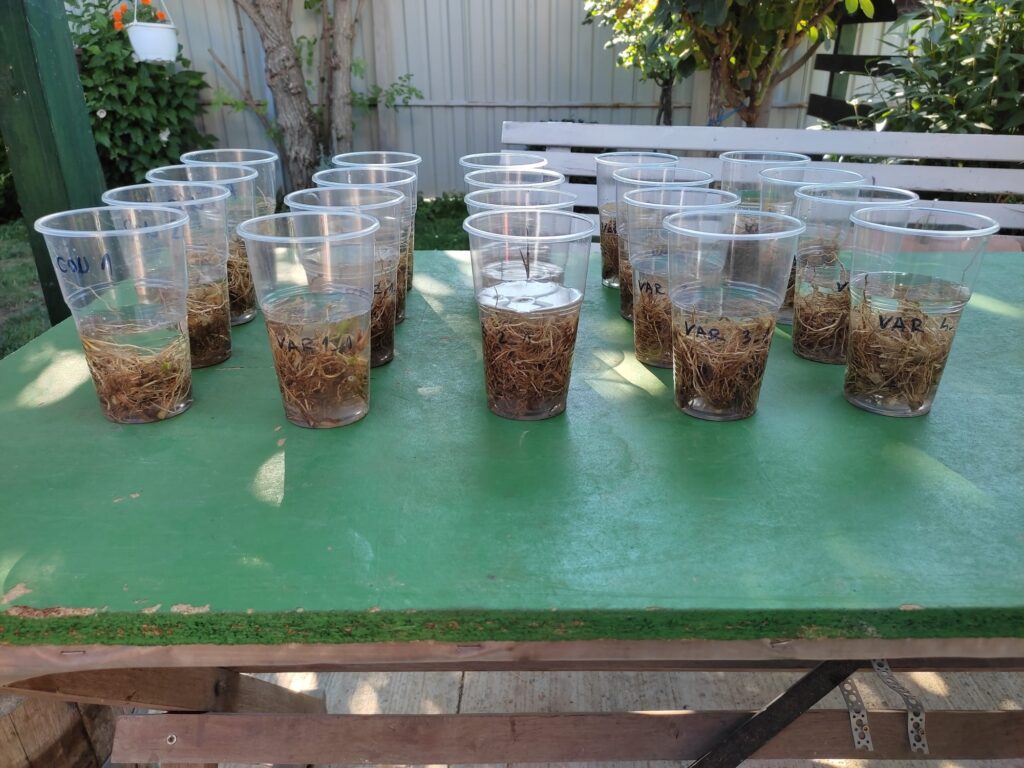
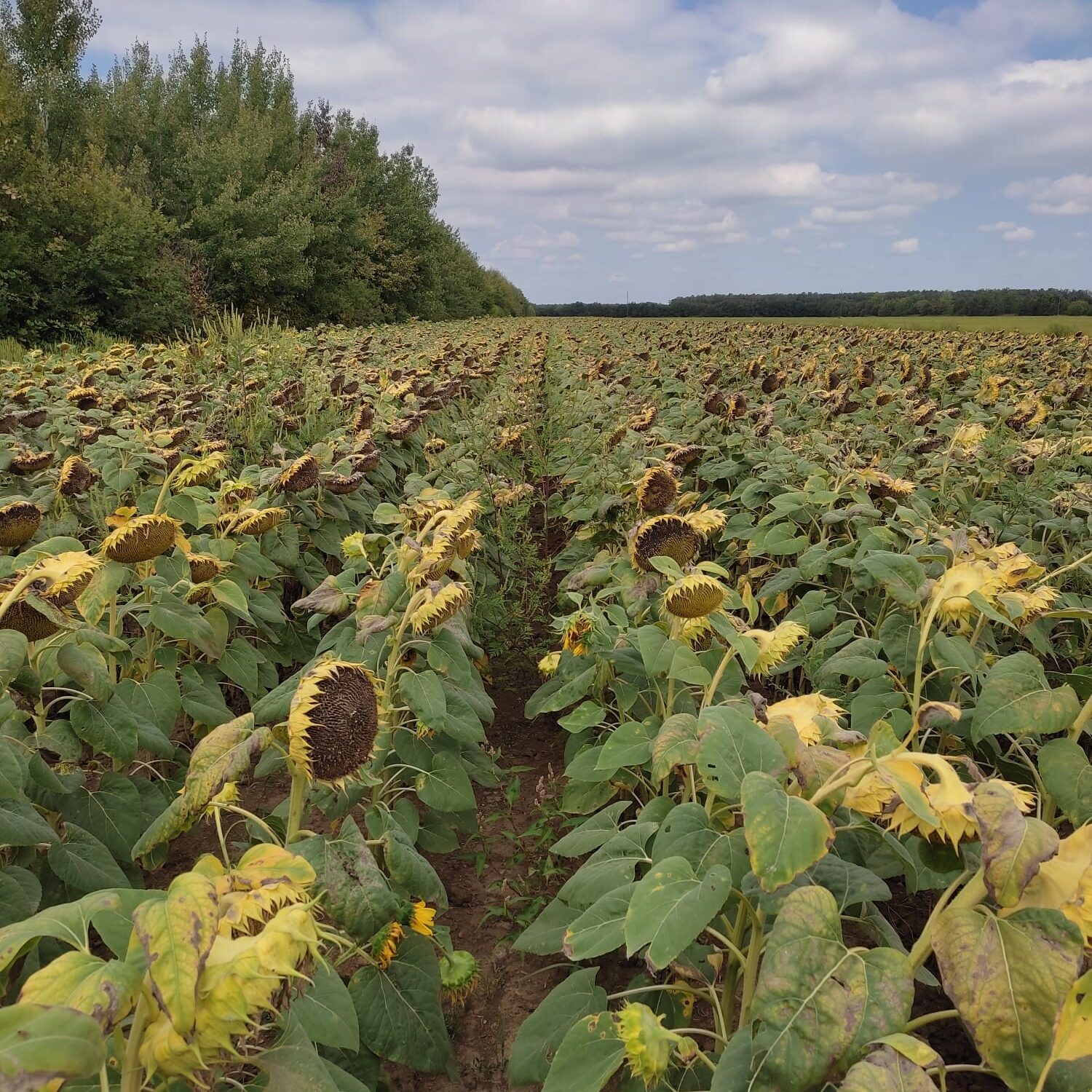
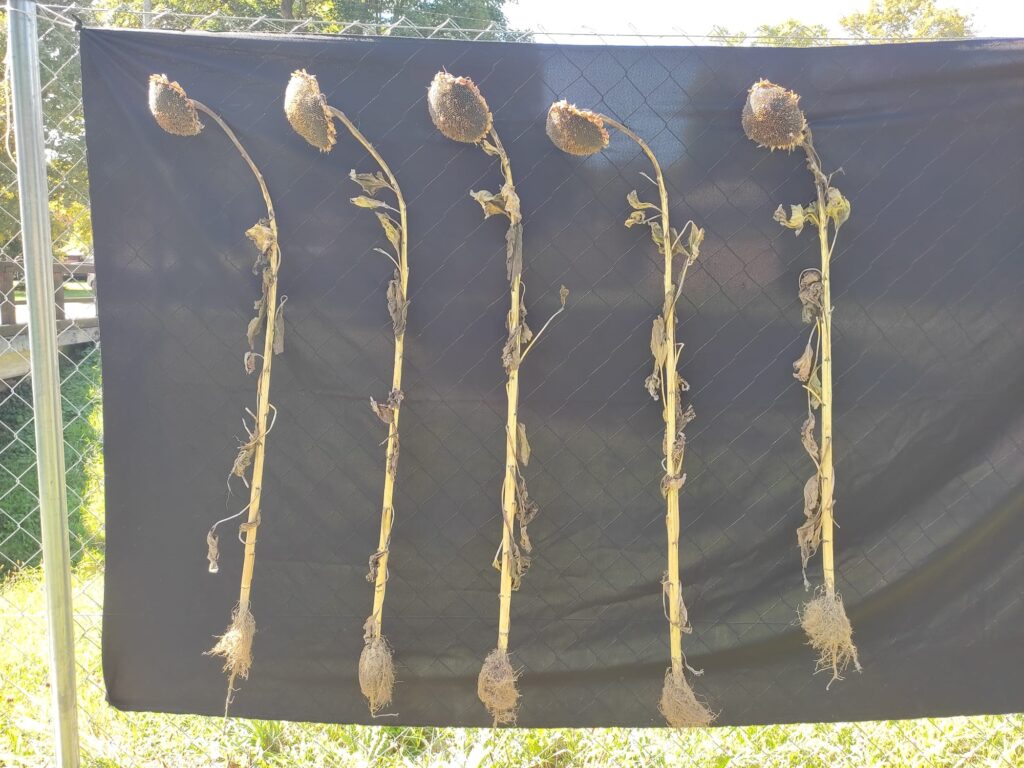
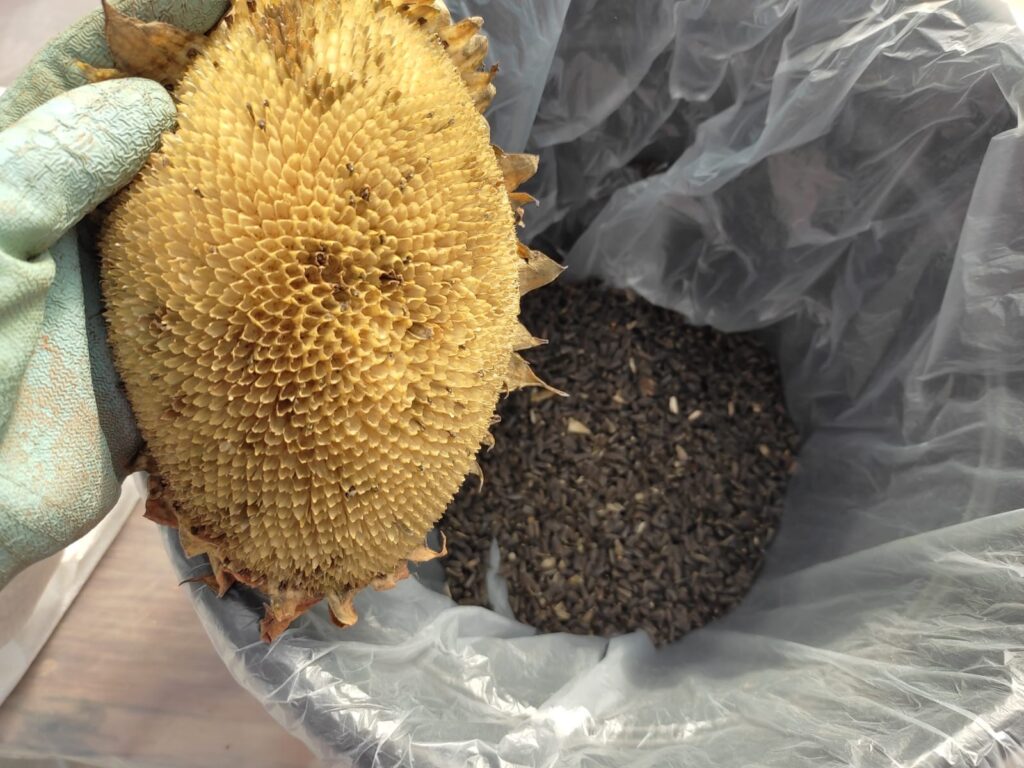
Implementation of activities – preparation of soil and plant material for laboratory analysis:
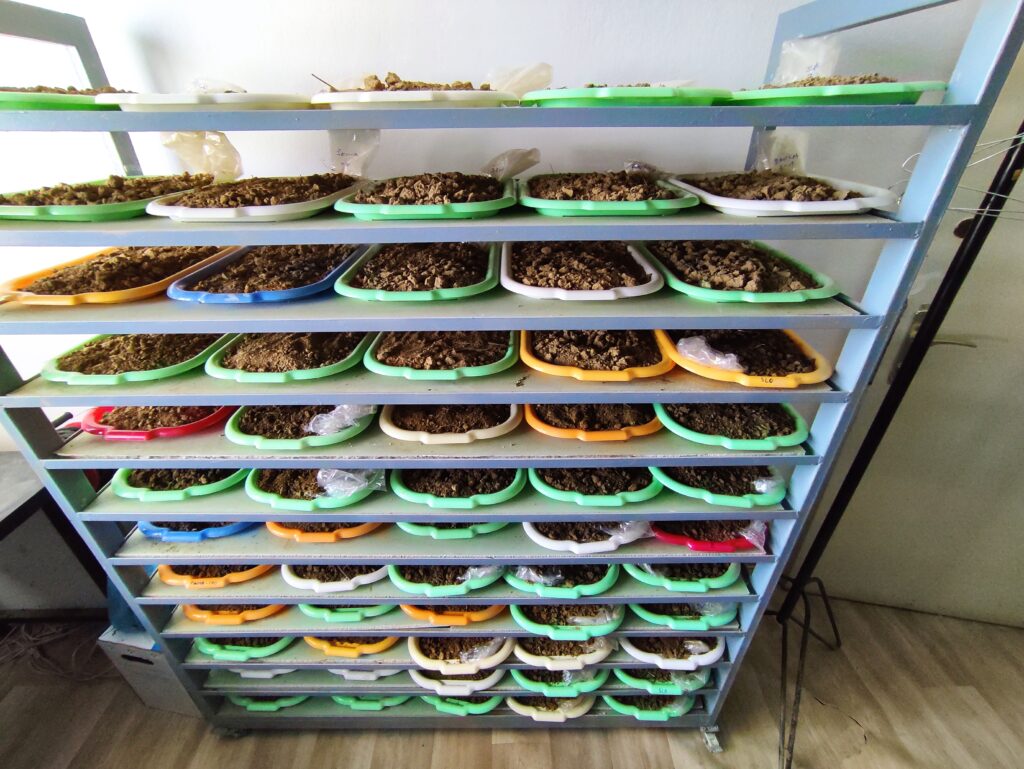
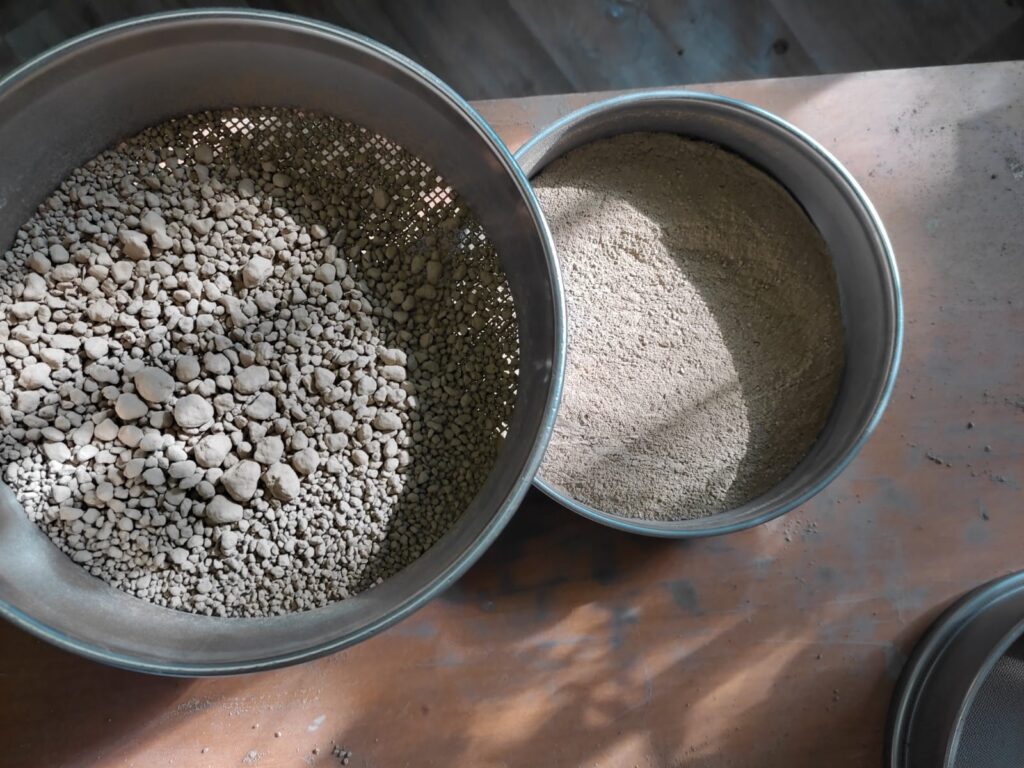
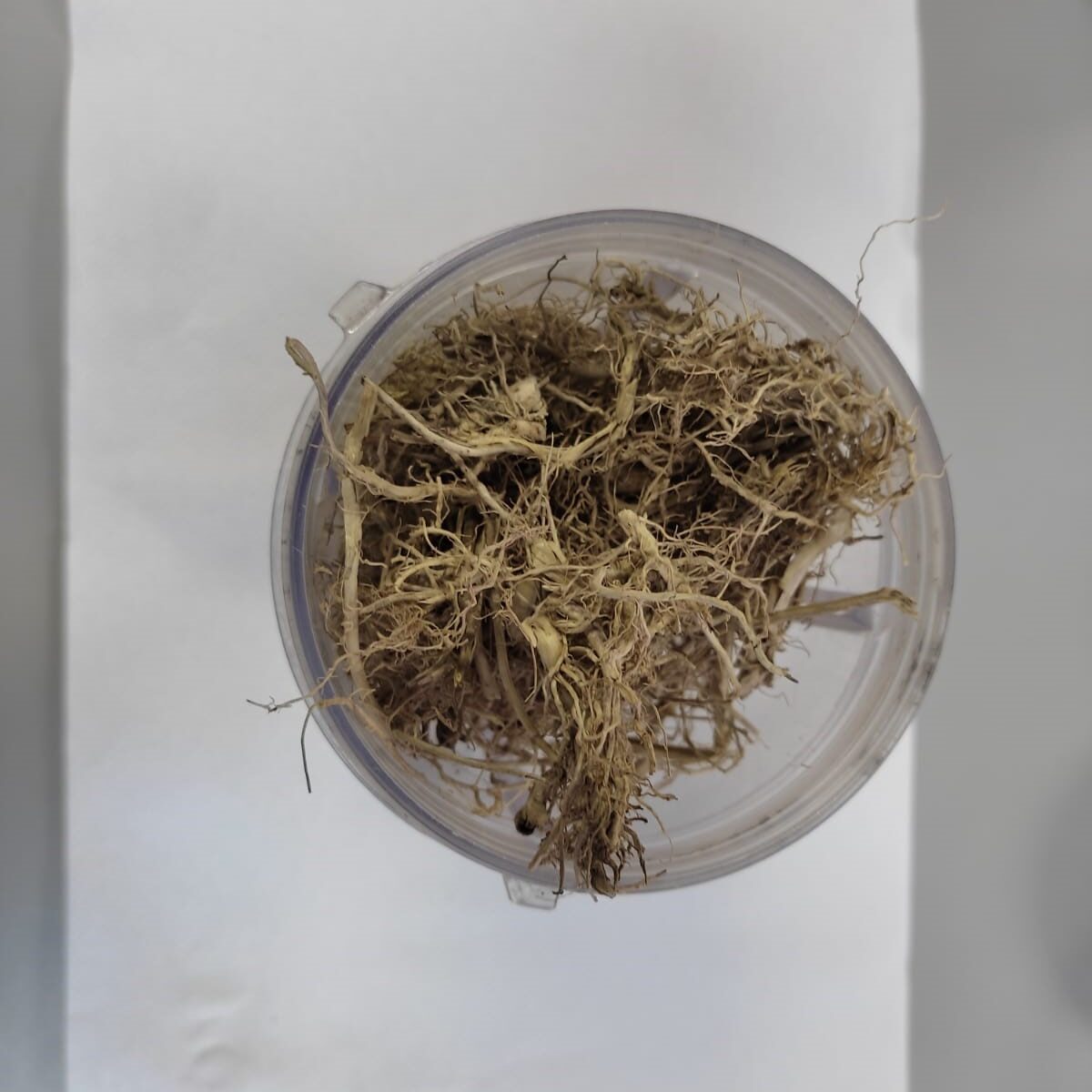
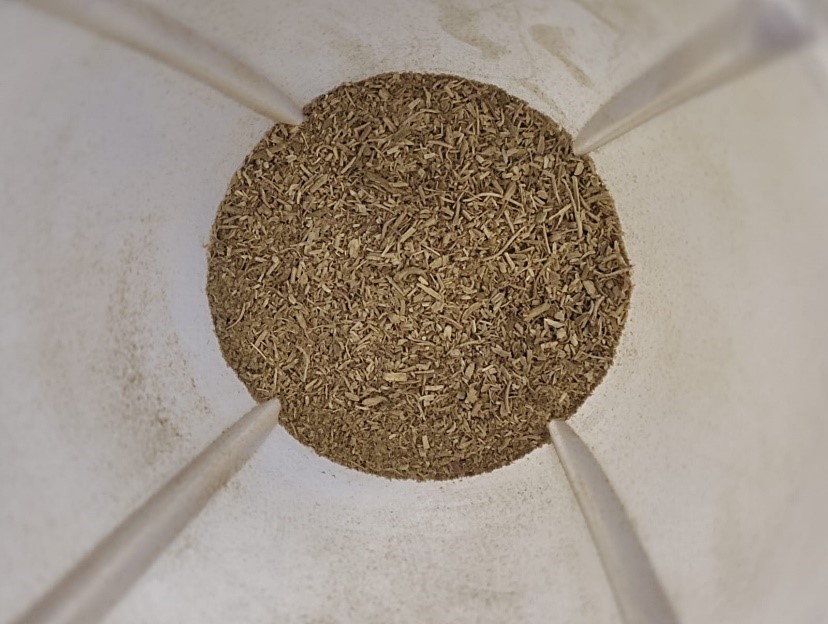
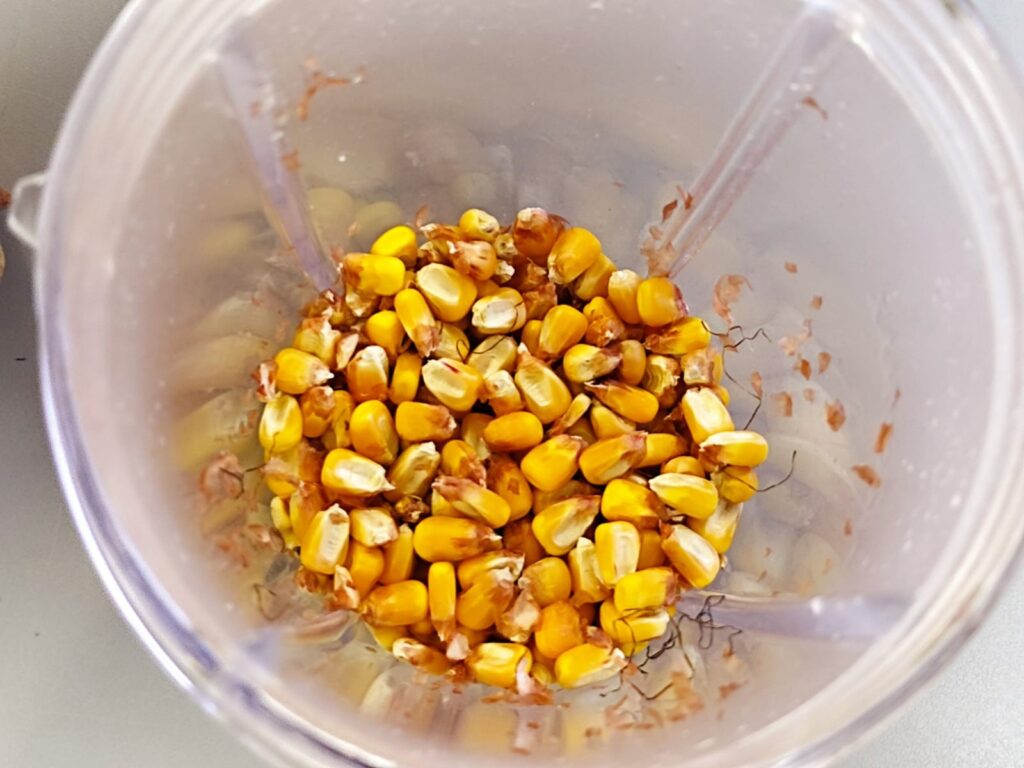
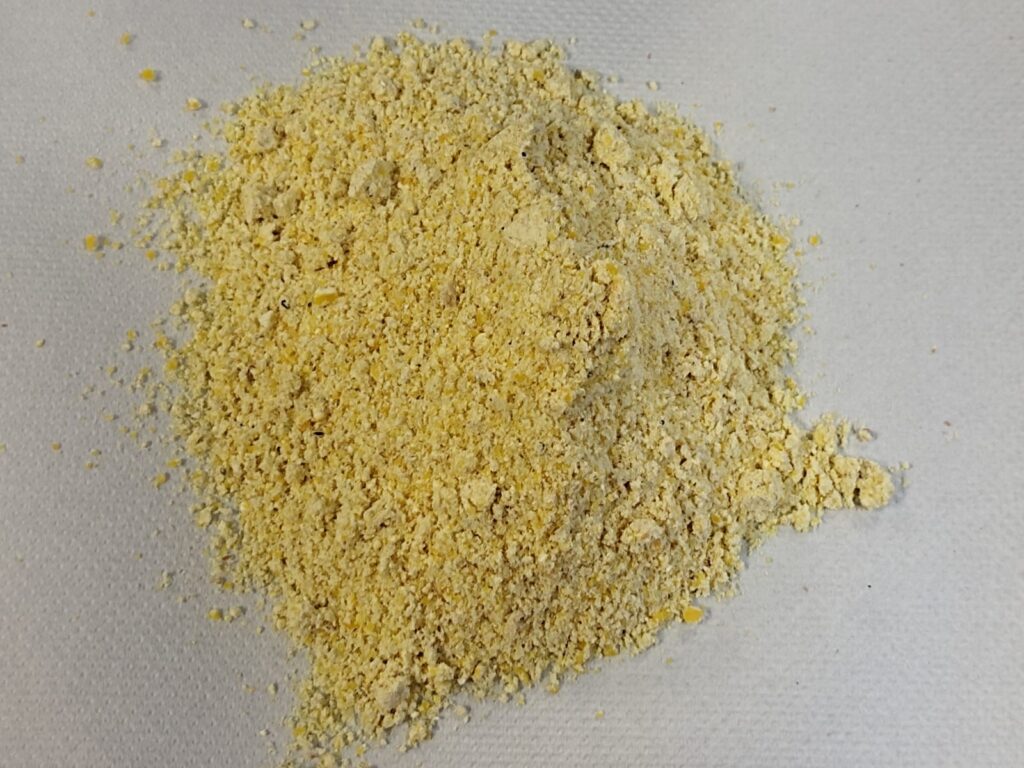
Implementation of activities – work in the laboratory:
